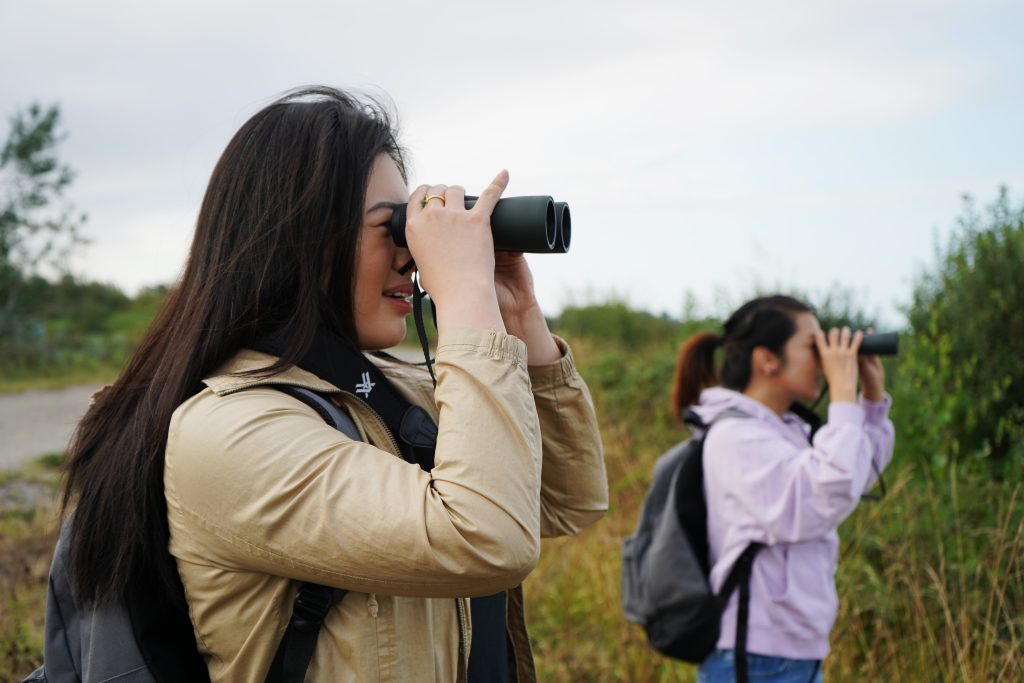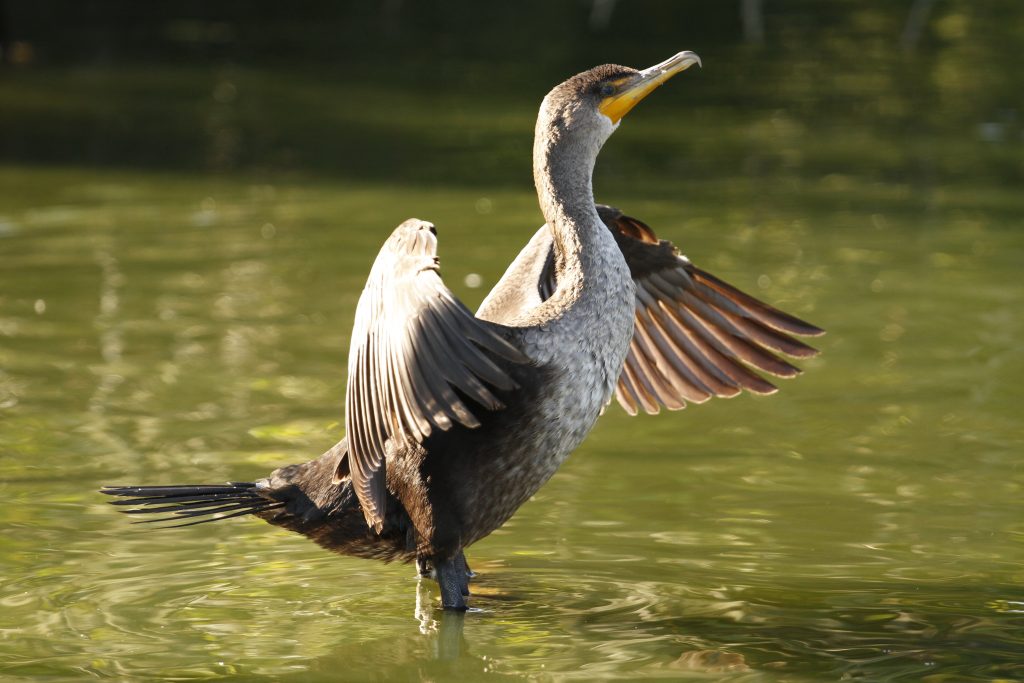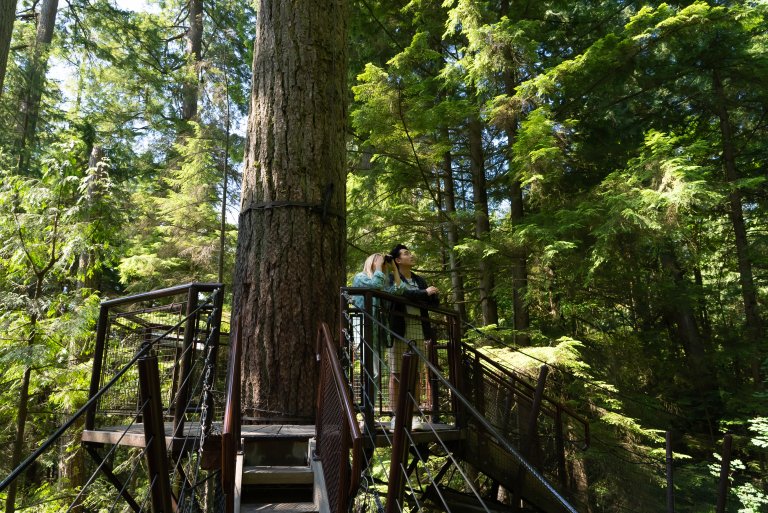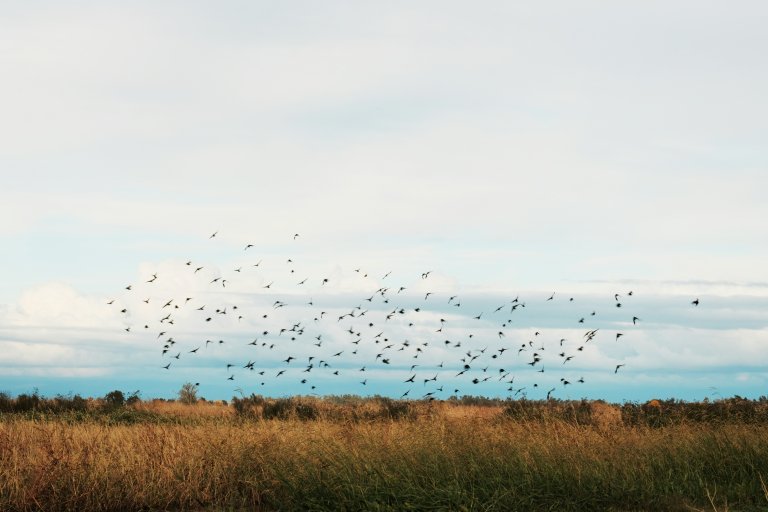What does it mean to be responsible in nature, especially when it comes to birding?
Historically, we humans have not been great allies to our bird friends. In the past, studying birds often involved luring them with food, yelling loudly to mimic their calls, or even worse, hunting and killing them. For example, in Victorian Era Britain, the study of birds, and natural history in general, became a fashionable past-time for wealthy collectors who sought exotic bird eggs and skins for their personal collections. These previous methods of study and collection were not only cruel, but had severe impacts on bird populations, bird behaviour, and the environment.
Now that we know better, we can do better, and go forth to explore nature with good intentions, observing birds in their natural habitat, making efforts to reduce our impact on the birds and their home.

Throughout the BC Bird Trail, you’ll find many highly populated bird areas to mindfully explore, as well as a ‘recently sighted’ list. Just remember that birding is an activity that requires patience and quiet observation. You may not see the bird you set out to see – but that’s all part of the adventure!
To keep your birding journey as responsible as possible, we recommend the following tips:

Stay on designated paths, and keep out of protected areas.
This is the first step to birding ethically and reducing your environmental impact. Our local plant habitats are just as important as our bird friends, and you’ll be surprised by what you can see from the paths and designated birding posts.
Secondly, please do not feed or call out to the birds.
Bird diets are diverse and species-specific—there is no way to guarantee that the food we offer will not hurt their digestive system. Calling out to birds can be equally disruptive. Compare it to working next to a busy intersection or living near train tracks—noise pollution can cause unnecessary stress. Again, patience is your number one asset while birding, and will often lead to a better result while minimizing damage to the local area.
Photo: Shayne Kaye


Thirdly, pack out what you pack in—leave no trace.
Expect that there will be limited waste receptacles in some of the birding areas, so be prepared to take your garbage home with you. Reusable containers can be great for packing a meal or snacks, and you can bring an extra bag to store all garbage securely within your pack.
Finally, research your birding destination before you head out on your journey.
Take note of any sensitive areas to avoid, such as private property or protected habitats.

Responsible birding can continue when you’re home after your BC Bird Trail journey. Consider getting involved in protecting birding areas and advocating for conservation with your local government to ensure birding can be enjoyed for many years to come!
For more information about the ethics of birding, check out The American Birding Association’s Code of Birding Ethics on Birds Canada’s website.
Happy birding, everyone! Be sure to tag #BCBirdTrail in your photo posts so we can share your birding experiences.



